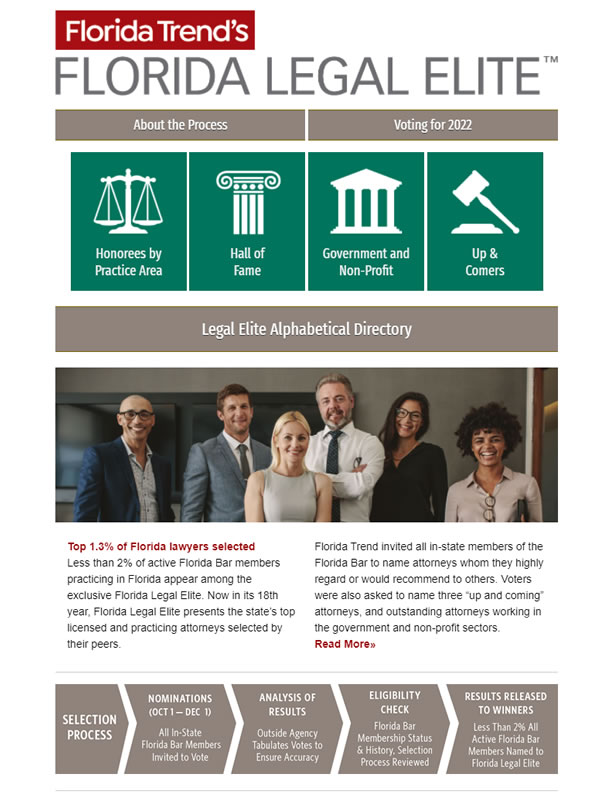Photo: Lynda Neuhausen
Lynda Neuhausen received a heart transplant in 2021. In Florida, the average wait for a donor heart is five months.
SHARE:
Economic Backbone: Cardiac Care
A Growing Need
As patients with advanced heart disease are living longer, the list of Floridians in need of a heart transplant is lengthening.
Lynda Neuhausen was walking with her family up the stairs to their seats at Tropicana Field to watch the Tampa Bay Rays play when her symptoms first began. “I got to the top and had turned gray,” she recounts, “I couldn’t breathe ... and I felt like I was going to pass out.” That moment in 2005 was the beginning of a long journey towards diagnosing and treating hypertrophic cardiomyopathy, a genetic heart disease, which culminated in a heart transplant in 2021.
There are more than 200 Floridians on a waiting list for a heart transplant, show data from United Network for Organ Sharing, a national non-profit that advocates for a more efficient and effective system of organ transplantation. The average wait for a donor heart is five months, according to the LifeLink Foundation, a nonprofit that recovers organs and tissue for transplants.
Physicians say the increased demand for donor hearts underscores strides in both the diagnosis and treatment of cardiac problems: Patients are getting diagnosed earlier, and with effective treatments, they're surviving to the point of needing a transplant.
Parag Patel, a transplant cardiologist at Mayo Clinic in Jacksonville, says he is seeing more patients now needing transplants than he did a decade ago. “I think it's actually a testament to the quality of care patients are getting.”
Ahmad Zeeshan, a cardiovascular and thoracic surgeon with AdventHealth Orlando observes, “People are living longer, we have better treatments, we are diagnosing better, we are treating better and we are managing people better, so there's an increased trend in the total number of people who are living with heart failure in the United States.”
Advances in technology are helping to boost the supply of available organs. An Organ Care System (OCS) nicknamed “heart-in-a-box” was FDA-approved and made available for commercial use in 2021.
Traditionally, when a heart is removed from a body and put on ice, there are about four hours to transport the heart and place it into a recipient’s body. The “box,” a 100-pound cart, hooks the heart up to an electrical network and keeps it pumping blood. In doing so, the technology doubles the length of time a heart can be outside the body.
OCS also expands the donor pool. Previously, hearts were only considered viable if the donor suffered brain death. With OCS, a person can donate their heart if they have passed from a circulatory death as well.
But many factors continue to complicate whether someone on the list receives a heart. They include donor status, type of death, likelihood of a recipient match and length of time after death. “There is a mismatch between the need and the availability of the donor hearts," Zeeshan says. “The donor hearts are also increasing, but the need is more than the donor hearts that are available today.”
Neuhausen got the call that a heart was ready twice. The first time, a friend was visiting. “We just dropped everything. I called my daughter who was at work, and she came home and we drove out to the hospital,” she says.
She was prepped in the operating room with everything except anesthesia, waiting for the confirmation call. Unfortunately, the donor had been taken off life support and too much time had elapsed. The heart was compromised. “I got quite a trial run,” Neuhausen says.
Mayo's Patel says matching a donor to a potential recipient is a complex process that must be executed quickly.
On a given night, five donor offers might come up for review and Patel must determine if any are a match for his patient. “Will this patient match by size? Are there any antibodies that will make this not a good match? Are there any other features with regards to the donor recipient, where it's not a good match?" he says. "We (have) to kind of quickly sift through (the variables) to make a decision.”
Ultimately, there is hope that technological advances will enable more people to manage their illnesses, that more hearts will be available from further reaches and even diverse types of hearts will be incorporated. A genetically modified pig heart was transplanted into a human in Maryland last year, keeping the man alive for an additional two months, and researchers are working on creating lab-grown heart tissue.
“The fuel that we have is our desire to give all of our patients back their life so they can contribute to society and get back to their families like they deserve,” Patel says.
























